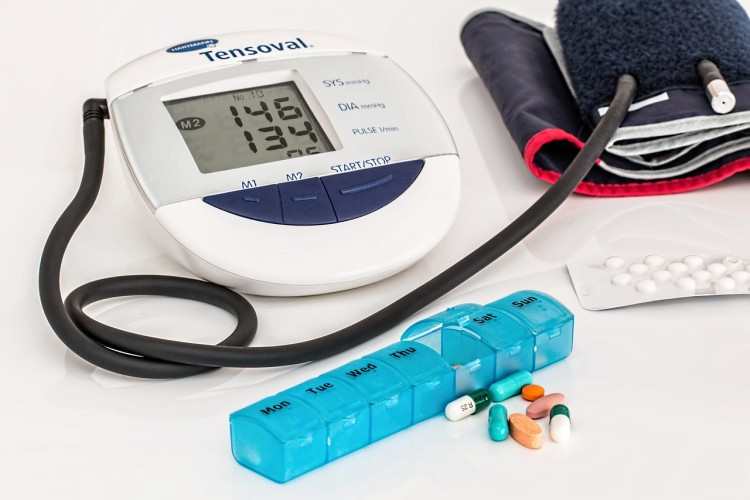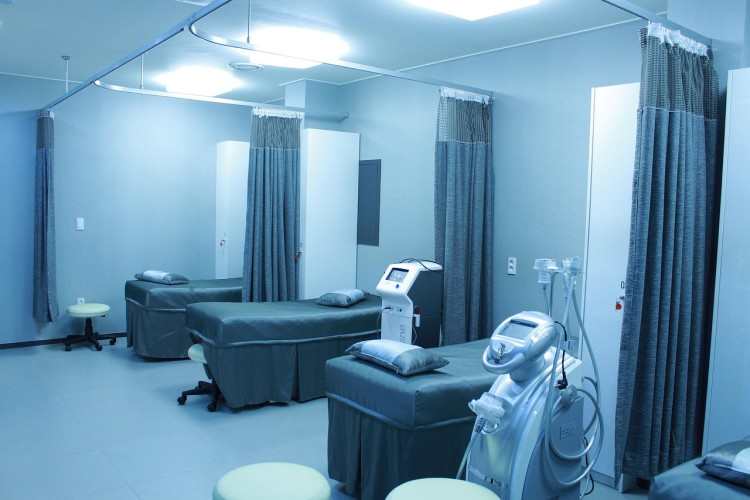- CONTACT US
- AFS
- Business
- Bussiness
- Car
- Career
- Celebrity
- Digital Products
- Education
- Entertainment
- Fashion
- Film
- Food
- Fun
- Games
- General Health
- Health
- Health Awareness
- Healthy
- Healthy Lifestyle
- History Facts
- Household Appliances
- Internet
- Investment
- Law
- Lifestyle
- Loans&Mortgages
- Luxury Life Style
- movie
- Music
- Nature
- News
- Pet
- Plant
- Politics
- Recommends
- Science
- Self-care
- services
- Smart Phone
- Sports
- Style
- Technology
- tire
- Travel
- US
- World
- エンタメ
- スポーツ
- 科学
- 経済

A smartwatch can track your average weekly sleep duration. If not, just note when you go to bed and set your morning alarm every day for a rough estimate.
Try to maintain an average of 6 to 8 hours sleep per week. Ensure absolutely no less than 5 hours and no more than 9 hours.
Grading Chart
- 40 points: 6-8 hours
- 20 points: 5–9 hours
The overall score, including weight and step (maximum 100), if you get more than 60 points: your weekly health is good. When your score falls below 60, it still acts as a warning sign that you need to thoroughly review and change lifestyle.
Making a Plan
Once you review and consider your scores, here’s how to 'plan' for the next week & weekend based on individual categories scores and total:
Should weight management score the maximum points: Intermittent fast on weekends with a 16:8 format — missing one meal, for example if there is no Saturday dinner event.
If you gained weight unexpectedly (20 points), try intermittent fasting over two separate days, or split it up—say once at the weekend and then again on Tuesday.
Unintentional weight loss (20 or 0 points) needs to be properly investigated. If nothing significant is found, track a 3-day diet journal via apps for calorie analysis and pinpoint potential issues.
Step deficits can be easily managed. If low average daily steps cost you points, make it up by ensuring at least 150 minutes of outdoor activities on weekends — be it free walk and run, games with child.
If your step distribution was off, set a 90-minute reminder during weekdays to get up on feet, drink water, unplug screens and change posture.
Sleep is relatively more complicated. First things first — find the reason, did you lose points because essential tasks cut into your sleeping time or was it something like difficulty falling/staying asleep?
For lacking sleep due to time constraints, focus on weekend strategic recoveries of it (methods will be provided in module 2).
If despite feeling tired, insomnia or early waking occurs combine sleep quality assessment and anxiety/depression self-rating scales to check mental health. Scales: below. Seek medical help if found abnormal.
LATEST POSTS
- 1
 All the ways Marjorie Taylor Greene has shifted her approach lately — and why Trump is 'surprised at her'
All the ways Marjorie Taylor Greene has shifted her approach lately — and why Trump is 'surprised at her' - 2
 Visiting This Japanese City Just Got A Little More Expensive (Here's What Travelers Should Know)
Visiting This Japanese City Just Got A Little More Expensive (Here's What Travelers Should Know) - 3
 BravoCon 2025: How to watch, full schedule and lineup, where to stream free and more
BravoCon 2025: How to watch, full schedule and lineup, where to stream free and more - 4
 Full SNAP benefits must be paid ‘promptly,’ USDA tells states as government reopens
Full SNAP benefits must be paid ‘promptly,’ USDA tells states as government reopens - 5
 What to know about Jack Dorsey's new Vine revival, DiVine
What to know about Jack Dorsey's new Vine revival, DiVine
 The most important factor dominating your health: your lifestyle
The most important factor dominating your health: your lifestyle Light Fasting, the Anti-Aging Switch for the Age of Longevity
Light Fasting, the Anti-Aging Switch for the Age of Longevity How to Select Thoracic Spine Protection Tools
How to Select Thoracic Spine Protection Tools The Science of Toothpaste: How to Choose the Right Toothpaste for Oral Health
The Science of Toothpaste: How to Choose the Right Toothpaste for Oral Health Scientific view of the health effects of electromagnetic radiation from electronic products
Scientific view of the health effects of electromagnetic radiation from electronic products Three Types of Cold and Flu Medicines to Keep at Home
Three Types of Cold and Flu Medicines to Keep at Home Purpose Decides Your Results: Selecting the Appropriate Exercise
Purpose Decides Your Results: Selecting the Appropriate Exercise Postural problems affect the organs and when is the best time for postural management?
Postural problems affect the organs and when is the best time for postural management? The Importance of Correct Calcium Supplementation
The Importance of Correct Calcium Supplementation













